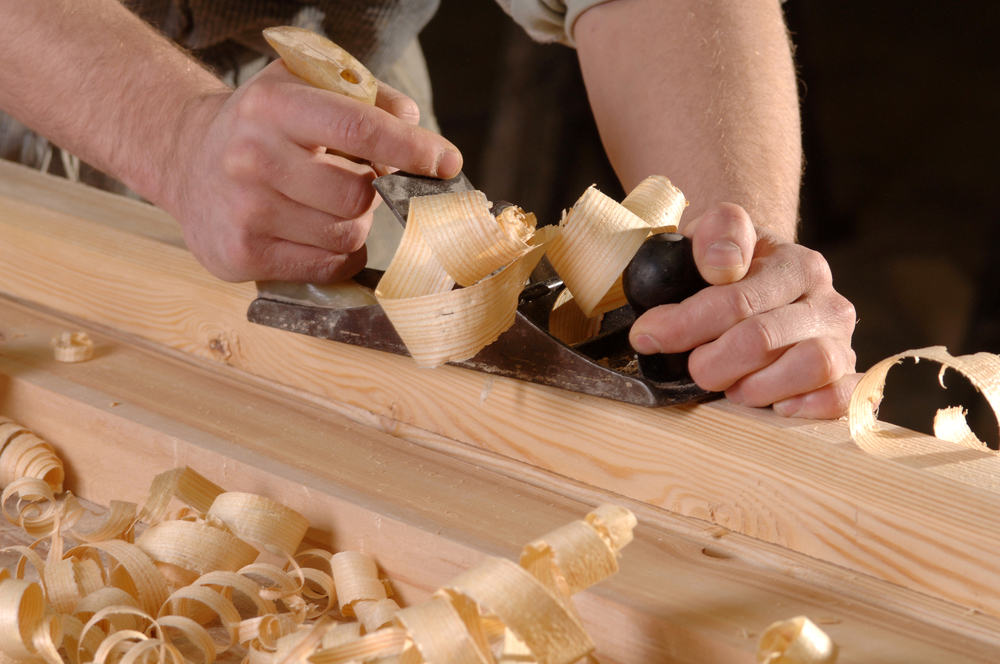Cabinetmakers, like many skilled professionals, increasingly rely on technology. However, many artisans revere the tools and skills of this centuries-old profession.

Today’s cabinetmaker needs to be adept at manual activities and have a solid understanding of math, incredible attention to detail (especially for custom work) and acute hand-eye coordination. Most importantly, creative aptitude is a must, which is often spotted during apprenticeships.
A cabinetmaker might work in a big factory or a little workshop, but both environments can be dusty and loud. No serious allergies or sensitivities to dust can be tolerated, and cabinetmakers often use special glues, varnishes and paints that can be bothersome to some people.
In-demand cabinetmakers often work with the public, especially if they take commissioned work or specialize in custom or restoration cabinets, so the profession requires both innate and learned diverse skills.
Power and hand tools are still the mainstay of the cabinetmaker’s arsenal, but complicated digital equipment is slowly becoming more popular. Computerized tools help automate the work, which can make the process faster and easier for cabinetmakers, but many customers prefer the love and work that’s evident with the use of power and hand tools.
You’ll often see cabinetmakers wearing safety earmuffs, masks, shoes and goggles to help them stay secure and comfortable in what can be a dangerous environment.
Most cabinetmakers complete an apprenticeship of around 42 months, whether at a trade school or under the wing of a master cabinetmaker. During this apprenticeship, future cabinetmakers discover what they’re best at, what they enjoy most and if they have the makings to become a full-fledged cabinetmaker.
Some apprentice-level cabinetmakers might have achieved some recognition of learning, perhaps because their parent was a cabinetmaker or they undertook an unofficial, short-term apprenticeship. Others start from scratch, and a formal training program with a potential employer is a favorite route. Apprentices get on-the-job, practical training under a cabinetmaker who can routinely assess skills and competency.
Trade schools for cabinetmaking design a comprehensive program that includes both practice training and classroom work, including math and business. Many master cabinetmakers fall in love with the profession at an early age and have a knack for the skill. Crafting custom cabinets, bookcases, wine bars, entertainment centers, fireplace mantels and more takes years of practice and a natural artistic leaning.
If you want to order a custom cabinet from a local cabinetmaker, you deserve only the best. A craftsman who knows the best woods for your needs, who works with you to design the intricacies and choose stains or varnishes, and someone who’s professional and just as excited about the project as you are makes the entire experience even better.
Connect with local cabinetmakers who are real artists by calling Swirl Woodcraft today, and start making your custom wood creation come to life.